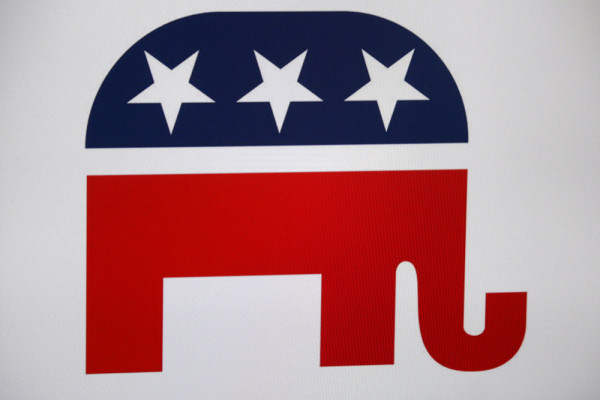WashU Expert: Brokered convention would be disaster for Republicans
As the Republican Party continues to roll toward selecting its presidential nominee, some party leaders and members of the media have begun to speculate about the possibility of a brokered convention. Such a move would almost certainly hurt the Republicans in the general election, said Washington University election law and constitutional law expert Greg Magarian.
SCOTUS decision dooms campaign finance regulation as we know it
The U.S. Supreme Court, in the McCutcheon v. FEC decision, removed the cap on the number and amount of donations a person can give during political campaigns. Gregory Magarian, JD, election law expert and professor of law at Washington University in St. Louis, says that this decision will have a major impact on campaigns – a much bigger impact than the earlier Citizens United campaign finance decision. This decision “marks then end of campaign finance regulation as we know it,” says Magarian.
SCOTUS oral arguments reflect indifference to constitutional grounding of Voting Rights Act
The Supreme Court appears very likely to strike down the most important provision of the Voting Rights Act of 1965, says Gregory P. Magarian, JD, constitution law expert and professor of law at Washington University in St. Louis. “This was an unusually revealing oral argument, because two justices asked questions that reflected both fundamental misunderstanding of the law and disturbing indifference to the constitutional grounding of the Voting Rights Act,” he says.
Could the GOP be headed for a brokered convention?
Three Republican primaries or caucuses have ended with three different winners. Upcoming state contests may make the Republican candidate picture clearer, but if division remains, the GOP could end up with a brokered convention. “If the process of voting based on delegates’ commitments does not produce a nominee, then something has to break the logjam,” says Gregory P. Magarian, JD, election law expert and professor of law at Washington University in St. Louis. Magarian discusses the potential for a surprise candidate and the impact of superdelegates.
Supreme Court Texas redistricting case could mark major change in Voting Rights Act
In the case currently before the U.S. Supreme Court, Texas is contesting a federal court’s redrawing of the state’s electoral district lines for the upcoming primary election. Under Section 5 of the Voting Rights Act, Texas must get preclearance from the U.S. Department of Justice before it can institute any voting changes. “This case gives the Supreme Court an opportunity to weaken or even strike down Section 5,” says Gregory Magarian, JD, election law expert and professor of law at Washington University in St. Louis. “If Texas wins, even if the Court stops short of striking down Section 5 altogether, it will mark a major change in the law. The Supreme Court will essentially be saying that racial voting discrimination by state officials is no longer a problem that justifies a federal remedy.”
Electoral system imposes formidable barriers to minor parties and drives politics to the center, says election law expert
Magarian”Minor political parties’ inability to gain traction in the United States does not reflect natural facets of our national character,” says Gregory P. Magarian, election law expert and professor of law at Washington University in St. Louis, home of the 2008 vice presidential debate. “Rather, our legal system imposes formidable barriers to minor parties’ electoral viability. The use of plurality voting (the candidate with the most votes gets the only prize) and single-member districts in congressional and most state legislative elections drives voters to coalesce around only two electoral options, marginalizing any candidate who lacks a major-party brand.” Magarian is available to discuss general election law and electoral system issues.
Electoral college imposes formidable barriers to minor parties and drives politics to the center, says election law expert
Magarian”Minor political parties’ inability to gain traction in the United States does not reflect natural facets of our national character,” says Gregory P. Magarian, election law expert and professor of law at Washington University in St. Louis. “Rather, our legal system imposes formidable barriers to minor parties’ electoral viability.” Magarian is available to discuss general election law and electoral system issues.

